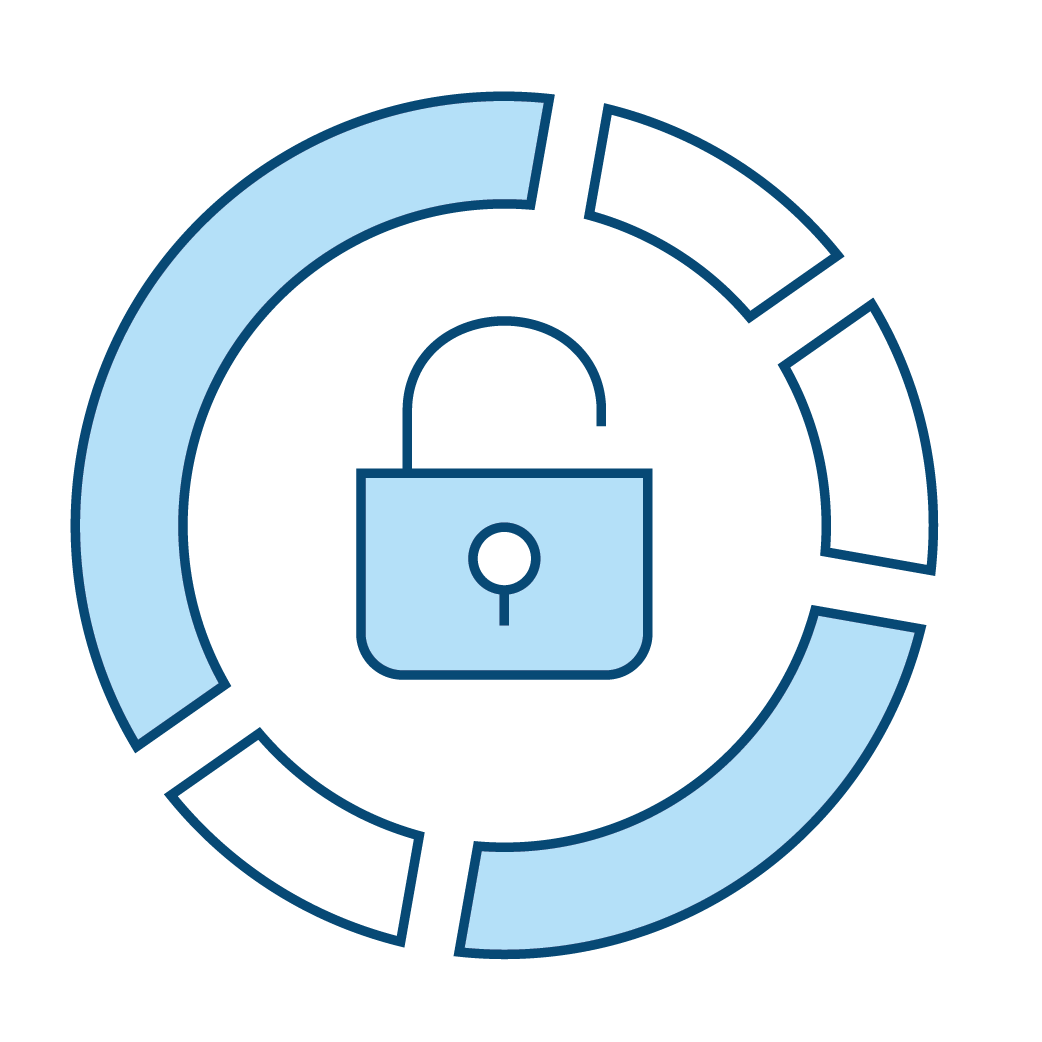Phishing
Phishing is the most common form of social engineering attacks. Phishing attacks use email to appear to be from a legitimate organization, such as Northfield Bank. These emails often contain links or attachments that, when clicked or opened, can download malware or steal your login credentials.
It is always important to be careful when you read and review your email. Think before you click on a link or attachment to avoid being a victim of a phishing attack.
Examples of Phishing Emails
- An email from a reputable credit card company or financial institution claiming that there is a problem with your account and asking you to provide sensitive information, such as your login credentials or credit card number.
- An email from a popular online retailer offering you a discount or promotion, but asking you to click on a link to claim it.
- An email from a supposed friend or colleague asking you to send them money or personal information.
Common Indicators of a Phishing email
- Unsolicited email with urgency: An unfamiliar email that uses urgent or threatening language or asks for personal or financial information.
- Suspicious sender’s address: Cybercriminals may use an email address that closely resembles one from a reputable company by altering or omitting a few characters.
- Generic greetings and signature: Phishing emails often use generic greetings and lack contact information in the signature block. Legitimate organizations usually address you by name and provide their contact information.
- Spoofed hyperlinks: Hovering your cursor over links in the email can reveal if they're spoofed. If the links don't match the text, it may be a phishing attempt. Malicious websites may look identical to a legitimate site, but the website address may use a variation in spelling or a different domain (e.g., .com vs .net). Additionally, cybercriminals may use a website address shortening service to hide the true destination of the link.
- Spelling and layout: Poor grammar and sentence structure, misspellings, and inconsistent formatting are other indicators of a possible phishing attempt.
- Suspicious attachments: An unsolicited email requesting a user download and open an attachment is a common delivery mechanism for malware. A cybercriminal may use a false sense of urgency or importance to help persuade a user to download or open an attachment without examining it first.
Avoid becoming a victim of phishing
- Be cautious when clicking on links or opening attachments from unknown senders.
- Verify the authenticity of emails by contacting the organization directly.
- Use strong, unique passwords and enable two-factor authentication.
- Keep your operating system, browser, and antivirus software up to date.
- Use a reputable antivirus software to scan your computer regularly.
By being aware of these tactics and taking the necessary precautions, you can significantly reduce the risk of falling victim to a phishing attack.







